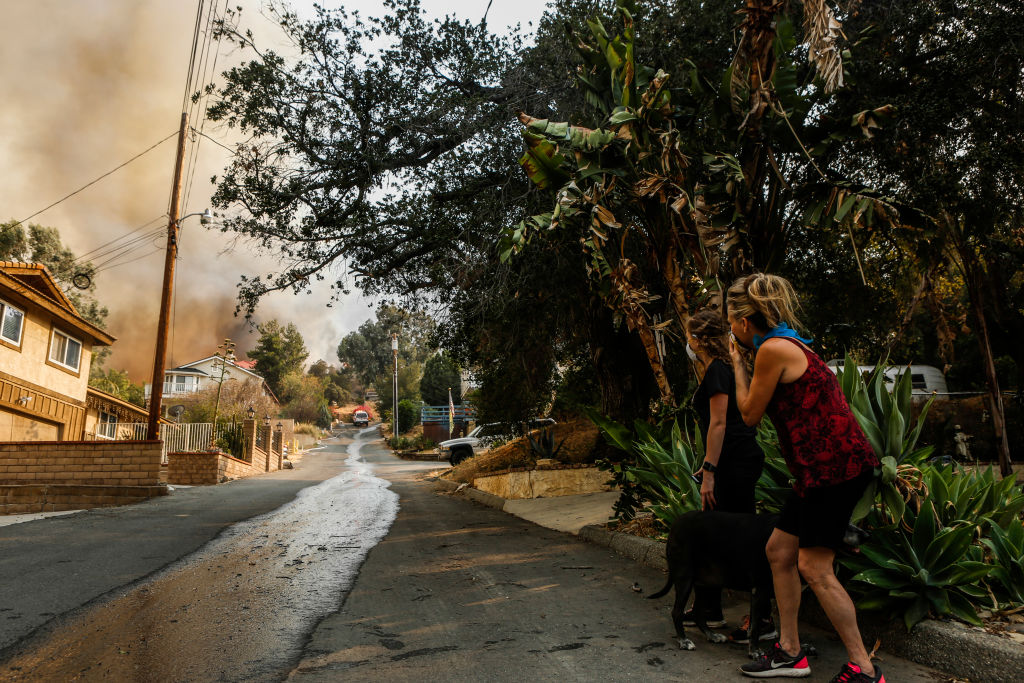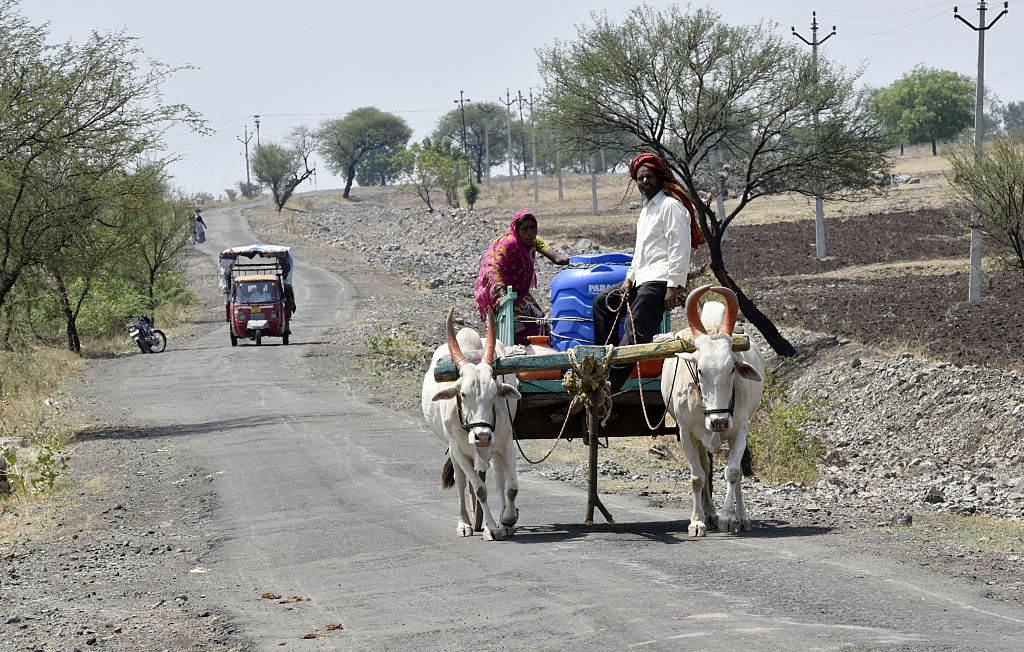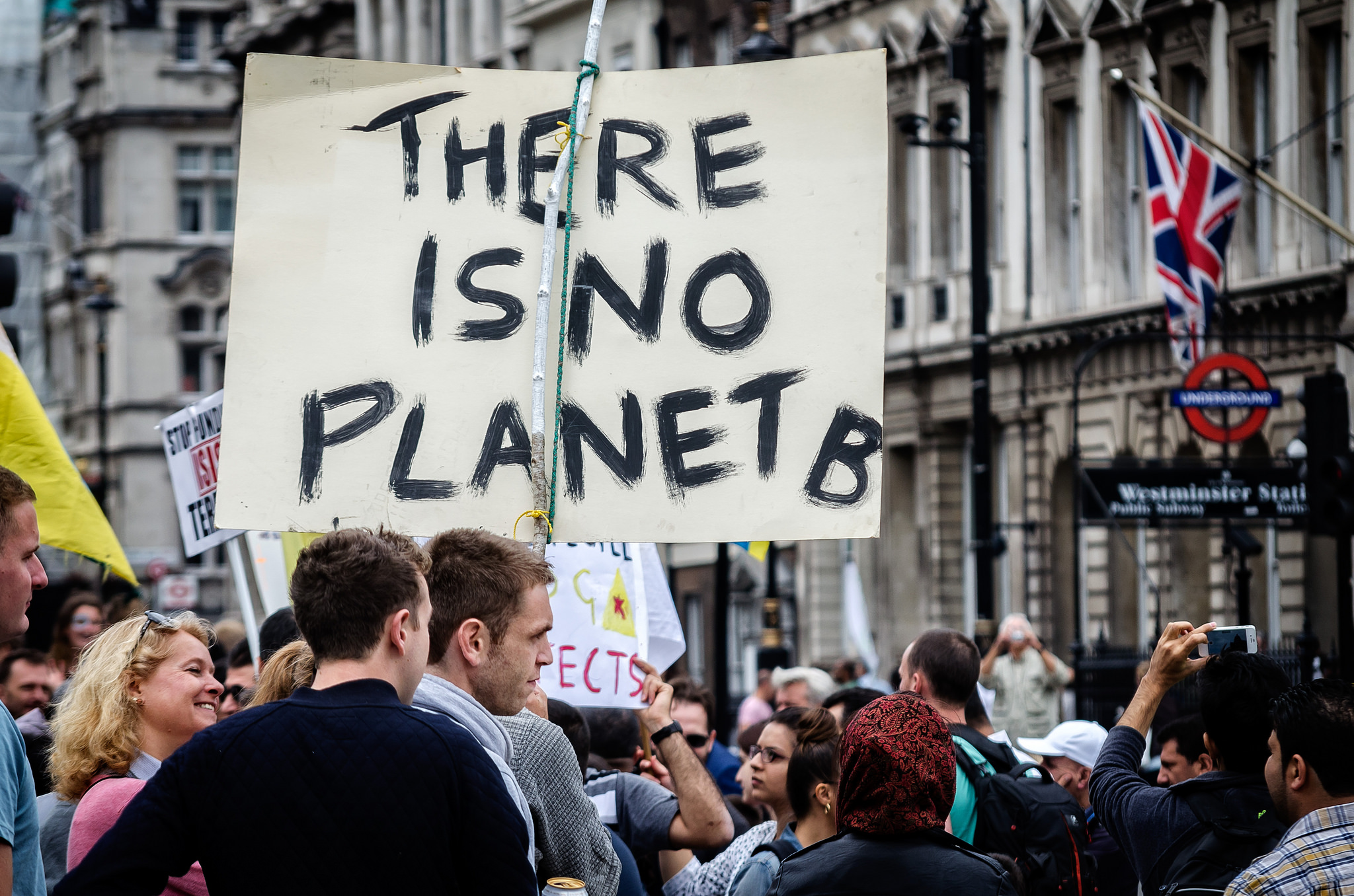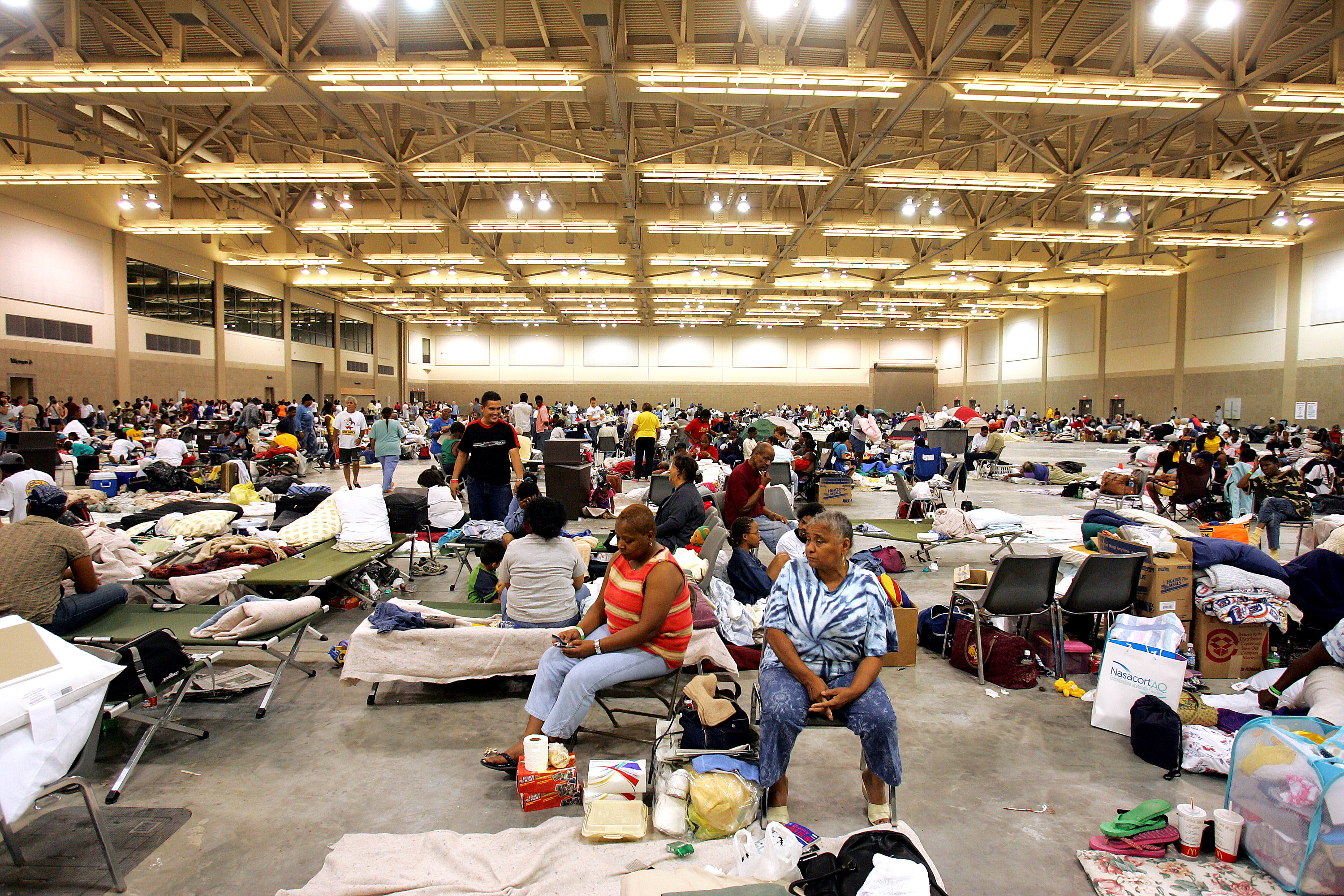
Health & Medicine
A healthy planet means healthy people

The evidence about the mental health risks linked with climate change is mounting, presenting urgent opportunities to respond both locally and globally
Published 16 August 2018
Hurricane Katrina hit America’s south in 2005. Almost 2000 people died. Thirteen years on, thousands of people are still living with the lingering mental health effects, like post-traumatic stress disorder and anxiety.
In India, there’s increasing rates of suicide amongst farmers whose crops are damaged by severe heatwaves.

Here in Australia, the Beyond Bushfires study reports that even five years after the Black Saturday bushfires, 22 per cent of people in high impact communities were reporting symptoms of mental health disorders.
Many of us are increasingly familiar with public health warnings about the physical health effects of heat waves and other illnesses linked with climate change, like respiratory illnesses and infectious diseases. They’ve become common as global average temperatures rise, air quality worsens and we see more and more extreme weather events.
But what is often overlooked is that it also affects our mental health. And as climate change is upon us, we need to talk about what is being done to support how we adapt psychologically.

Health & Medicine
A healthy planet means healthy people
Now, our team of researchers from Australia and Canada have provided a new review of the evidence, updating seminal research published in 2008 that provided one of the first accounts of the mental health effects of climate change.
It looks at the wide-ranging mental health outcomes related to climate change and the inequitable impacts on a wide variety of people. We also explore the actions available to address mental health in a changing climate, and priority steps to better tackle this growing area of concern.
Studying the area of climate change and mental health isn’t without its difficulties. Diving into the latest research, it becomes apparent there are inherent challenges involved in attributing greenhouse gas emissions to specific climate events and then linking these climate-related events to mental health.
However, our review finds an increasingly compelling body of literature about the links between mental health and climate change, and the importance of strengthening mental health systems in a changing climate.
Mental health isn’t simply synonymous with mental illness and mental problems. It also includes being mentally healthy and emotionally resilient.

We find there are wide-ranging psychological responses to climate change and, just like the weather, the difference can be extreme.
These responses can include anything from grief and loss, to a focus on planning and preparedness for displacement from climate change related events like rising sea-levels, chronic drought or melting permafrost.
Some people respond by entering into conflict, whereas others look to cooperation, negotiating how to manage diminishing natural resources. In the aftermath of extreme weather events, some people will experience post-traumatic stress disorder whereas other will experience ‘post-traumatic growth’.
And while many people feel grief and despair about the prospects of climate change, others see transformational hope, particularly with regards to civic action related to the overarching awareness of the climate change problem.
The mental health risks and impacts of climate change are happening right now, and they are only going to accelerate in the future. These are enduring effects we have to talk about urgently.
In particular, climate change amplifies existing inequities so we need to consider vulnerable groups who are at heightened risk. These are people pushed to the margins of society because of social and environmental factors like race, income, gender, education and geography.
The first priority, of course, is urgent action to reduce greenhouse emissions.
But there are also opportunities to focus more specifically on mental health vulnerability. This includes improved knowledge, detection and response to the mental health effects of disasters; increased awareness of the inequitable mental health risks to marginalised people; and improving access to, and effectiveness and resilience of, mental health systems.

At the same time, there are priority actions to support psychological adaptation to a changing climate.
Things like improving financial and physical access to mental health care; researching the full spectrum of psychological responses associated with climate change; providing diverse and wide-ranging mental health care options; preparing for, and responding to, physical as well as psychological climate change effects; and mental health training for health care providers and emergency responders.
There is more and more evidence about the mental health implications, impacts and risks of climate change. But equally, there are tangible and urgent opportunities to respond to these both at local to global levels.
While more research is needed, what is known is that coordinated action on climate change and mental health is necessary so that people, communities and health systems can better navigate and address the complex effects of climate change on us all.
A correction was made to this story on 27 February, 2019 on the percentage of people in high impact communities reporting symptoms of mental health disorders.
Banner image: Residents watch a bush fire burning in California in August 2018/Getty Images